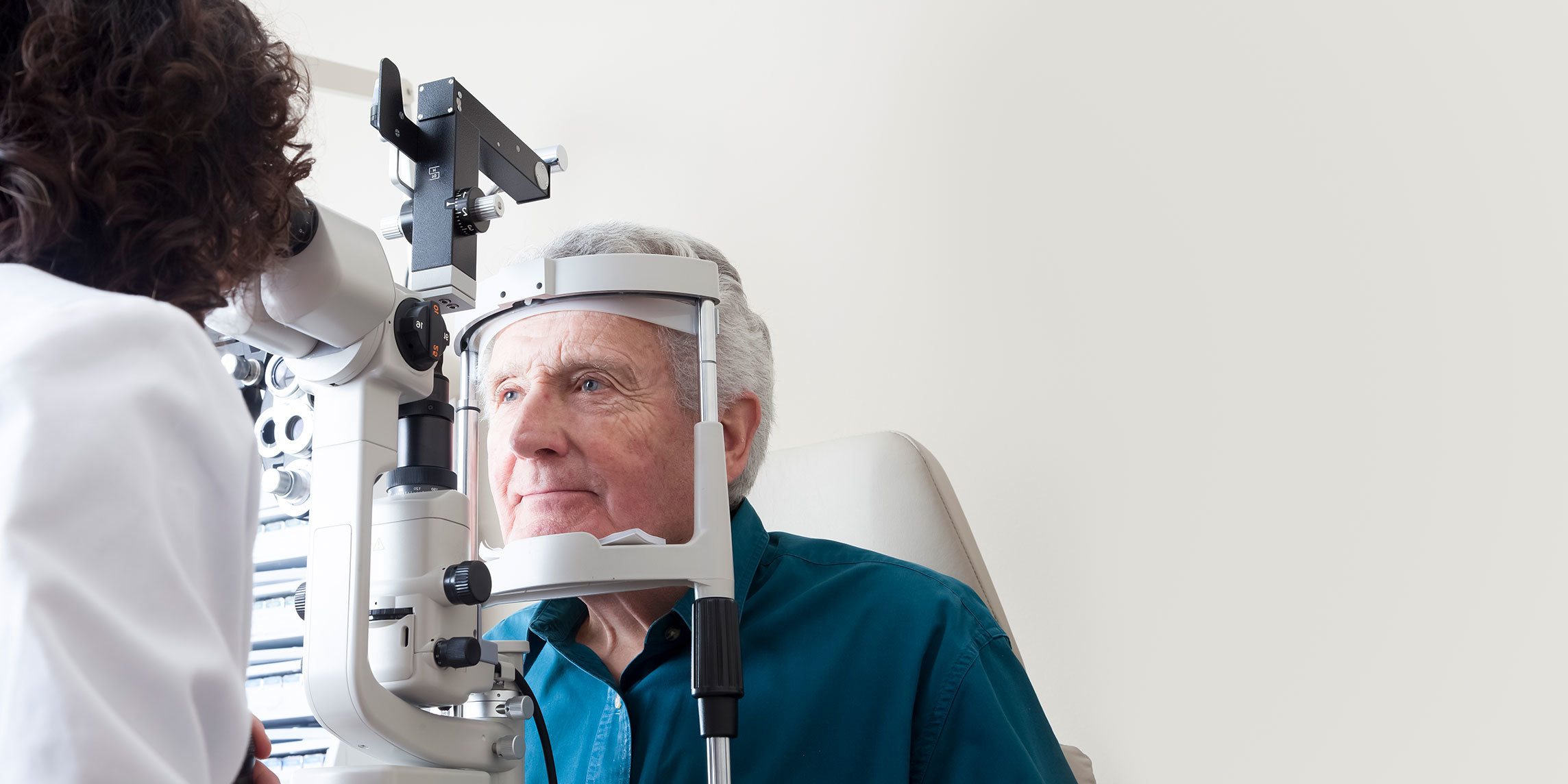What is a corneal transplant?
The cornea is a protective, transparent layer covering the front of your eye. Because the cornea serves to protect other structures in the eye, it can often take on the damage of its own, leading to serious vision problems. In some cases, the best course of treatment for this damage is to replace some or all of the cornea, either with a prosthetic or with corneal tissue provided by a donor.
Different types of corneal transplant are defined by which tissue is affected.
Types of corneal transplant include:
- Full thickness corneal transplant (penetrating keratoplasty): The entire cornea is replaced
- Partial thickness corneal transplant (deep anterior lamellar keratoplasty): The front and middle layers of the cornea are replaced
- Endothelial keratoplasty: The innermost endothelial layer of the cornea is replaced
Why is the corneal transplant performed?
A corneal transplant is performed to restore eyesight when your own cornea is damaged, infected, or swollen beyond repair.
How do I know if I am a candidate for a corneal transplant?
Patients with seriously limited eyesight due to many types of corneal problems may be a candidate for a corneal transplant. You may be a candidate for a corneal transplant if one of the following applies to you:
- You have corneal scarring, which could be a result of the following:
- An infection such as herpes
- Complications from another eye surgery
- You have been diagnosed with a condition affecting the cornea including one of the following:
- Keratoconus (corneal thinning)
- A hereditary condition such as Fuch’s corneal dystrophy
- You experienced corneal rejection after a previous corneal transplant
- Less invasive treatments have not addressed your vision problems
What can I expect during the corneal transplant?
Pain associated with the procedure may be managed in one of two ways. You may be given a local anesthetic to numb the pain and a sedative to help you relax, or you may be given general anesthesia, allowing you to sleep through the whole procedure. The length of the surgery is typically around an hour, but this varies based on the type of corneal transplant that is performed.
What can I expect after undergoing the corneal transplant?
You will need to return to your ophthalmologist for follow-up visits after the procedure. While you should be able to resume most of your daily routine after a couple of weeks, full recovery from a corneal transplant could take a year or more. Daily use of steroid or antibiotic eye drops is required for corneal transplant patients. In the early weeks of the recovery process, your doctor may also give you a protective eyepatch to be worn at night. Protecting your eyes in the weeks and months following your surgery is of the utmost importance. Your ability to perform various activities following surgery may vary, and you should consult with your physician about your needs. For example, you may require a recovery period before returning to work. Other activities that may be limited after undergoing this surgery include driving and physical exercise.
Care Team Approach
At UT Health Austin, we take a multidisciplinary approach to your care. This means you will benefit from the expertise of multiple specialists across a variety of disciplines. Your care team will include fellowship-trained ophthalmologists who specialize in adult strabismus as well as neuro-ophthalmologists, ophthalmic technicians, physician assistants, nurse practitioners, social workers, and more who work together to help you get back to the things in your life that matter most to you. We also collaborate with our colleagues at the Dell Medical School and The University of Texas at Austin to utilize the latest research, diagnostic, and treatment techniques, allowing us to identify new therapies to improve treatment outcomes. We are committed to communicating and coordinating your care with referring physicians and other partners in the community to ensure that we are providing you with comprehensive, whole-person care.
Learn More About Your Care Team

Mitchel and Shannon Wong Eye Institute
Health Transformation Building, 1st Floor
1601 Trinity Street, Bldg. A, Austin, Texas 78712
1-833-UT-CARES (1-833-882-2737)
Get Directions